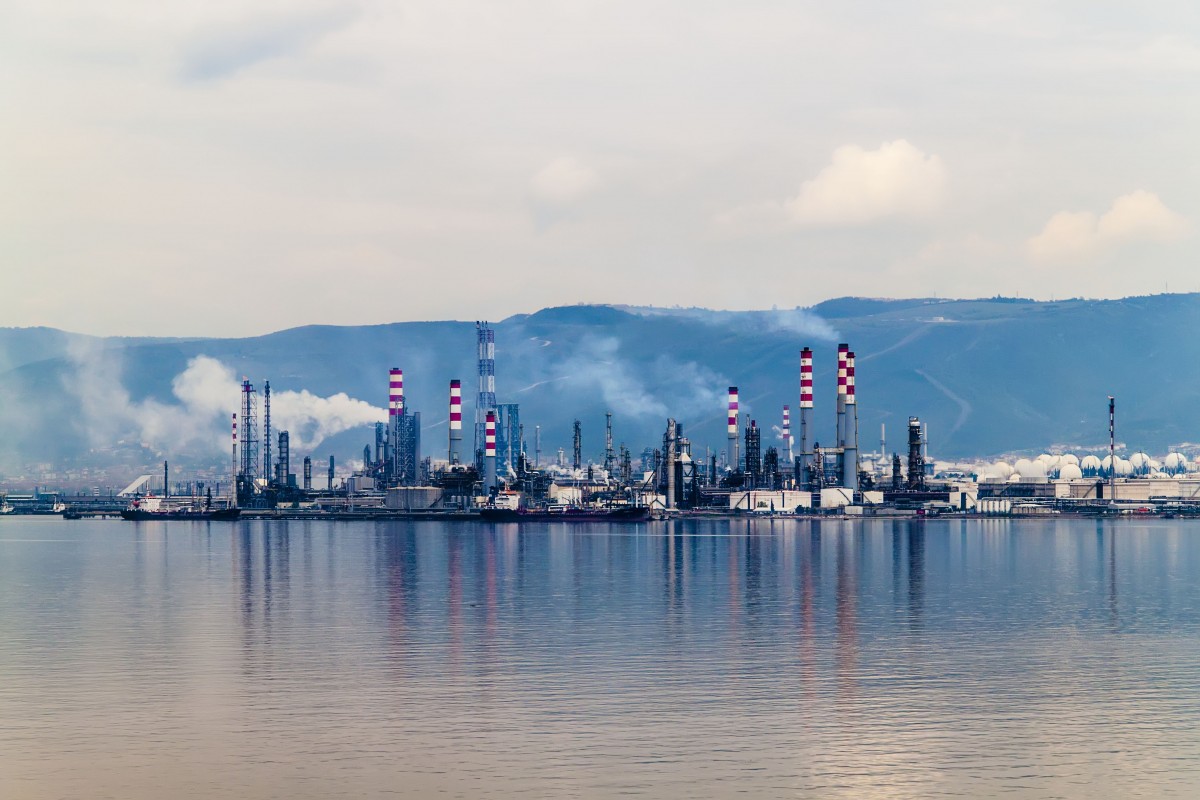Attention in Israel has been focused of late on Iran’s emissaries on our northern and southern borders, but the fifth tripartite meeting between Israel, Greece and Cyprus, to be held today in Beersheva, is an important strategic event that will have consequences for the Eastern Mediterranean, which is quickly becoming yet another region of conflict.
Turkey has adopted a neo-Ottoman foreign policy that tends to spread out past its borders; the Turkish military having invaded parts of Syria and Iraq. In the Aegean Sea, an elongated embayment of the Mediterranean, Turkey has an old territorial rivalry with Greece and has had control over Northern Cyprus since 1974. Under President Recep Tayyip Erdoğan, Turkey is now also motivated by Islamist urges. It supports Hamas and has fostered ties with jihadi elements in Syria and Libya, both situated on the Mediterranean coast. Turkey has acted to bolster its navy and has even threatened to send warships to escort ships that try to break Israel’s naval blockade on the Gaza Strip.
Unfortunately, the Mediterranean Sea is no longer controlled by the West. Under President Barack Obama, the United States significantly limited its presence in the region. The Sixth Fleet no longer permanently assigns an aircraft carrier to the Mediterranean Sea. Despite his stated commitment to increase American military power, U.S. President Donald Trump has demonstrated isolationist impulses. Western European countries have also reduced their forces and limited their presence in the Mediterranean.
Russia has been increasing its presence in the Mediterranean Sea. Russia has guaranteed itself both a naval base in Tartus and an air-force base in Khmeimim, both in Syria, through its successful involvement in the civil war there. Egypt and Cyprus also allow Russia to use their ports.
From a financial standpoint, the Eastern Mediterranean has become increasingly important following the discovery of natural-gas fields and the possibility additional fields will be found. These treasures are desirable in the eyes of Iran’s allies—Syria and Hezbollah, as well as Turkey and Russia.
The Eastern Mediterranean has always been important to Israel because more than 90 percent of the country’s exports are shipped through that route, but the discovery of the gas fields in Israel’s territorial waters has made this region even more important in that they offer cheap and clean energy and are helping transform Israel an energy exporter.
But Israel’s gas treasures are under threat. Hamas has fired missiles at an Israeli offshore drilling rig, and Hezbollah has threatened to do the same in the future. Russia and Turkey are also liable to adopt a more aggressive approach. An Iranian naval presence may also be felt in the region in the near future, as part of efforts toward achieving regional hegemony.
Unfortunately, the Israel Defense Forces’ naval component has not been sufficiently prioritized. Israel needs a stronger and larger navy given the enormous missile threat the country faces. Israel’s airports, and land and strategic properties, are more vulnerable now than ever before.
Israel’s military deficit in the Mediterranean Sea is conspicuous in light of its diplomatic successes. It has become a partner in the Mediterranean alignment, which includes Greece and Cyprus, and more indirectly, Egypt. These four countries share concerns over Turkey’s foreign policy and share common interests in the field of energy. Their cooperation in Washington on issues concerning the Mediterranean Sea is also of importance.
Indeed, the United States is now examining the possibility of holding joint military maneuvers with Israel and Greece. It is therefore important for Israel to succeed in establishing a joint alliance to better contend with the emerging threats in this region.
Professor Efraim Inbar is president of the Jerusalem Institute for Strategic Studies, jiss.org.il.


























